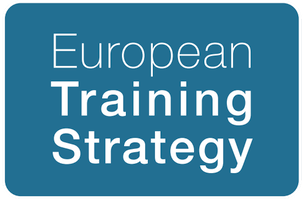

The single attitudes are summarised in different headlines that illustrate what “facilitating learning” means for youth workers attitude-wise. The “cluster headlines” do not name attitudes as such; these can be found through clicking on the lists.
Supporting young people in their learning processes depends on the position youth workers take about learners and learning. + -
Important attitudes connected to that:
- readiness to trust young people’s capacity to direct their own learning
- openness towards unexpected learning
- consideration of failure as a part of learning
- willingness to address values and norms, challenge perspectives and encourage learning
- readiness to offer spaces for emotions in all situations, including online environments
- readiness to apply self-discipline and self-directedness, especially when learning online
Appropriate methods need to be chosen and/or developed to be used in an activity. + -
The corresponding attitudes are:
- readiness to stay up-to-date with existing methods, sources and tools
- openness to using different ways and methods to encourage creativity, problem-solving and ‘out-of-the-box’ thinking
- readiness to improvise
Youth workers are willing to reflect about themselves and the way they work. + -
Thus, connected attitudes what is required is the:
- readiness to self-reflect to understand their own motivations
Youth workers provide accessible spaces for all young people – especially in online-settings. + -
Thus, helpful attitudes are:
- awareness of any digital divides
- readiness to explore strategies for more (digital) inclusion



